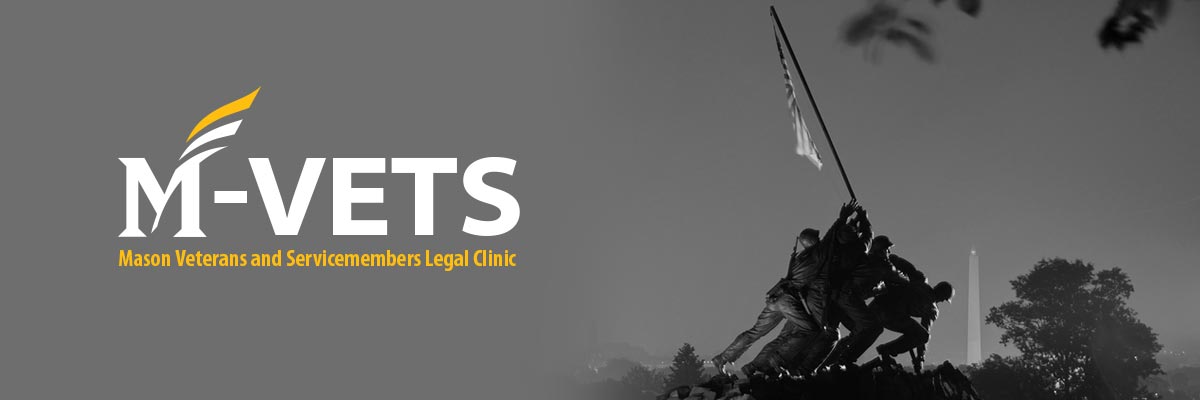The National Law Journal
Jamie Schuman, Supreme Court Brief
December 28, 2016
When veteran Richard Milbauer sued the government for medical negligence, a federal court ruled it did not have jurisdiction to hear the case. That decision could leave all veterans without a way to obtain judicial review of their malpractice claims against Veterans Administration hospitals, a petition for certiorari in Milbauer v. United States warns. Milbauer’s case is scheduled for conference on Jan. 6. “It’s bigger than him,” said Reed Smith partner Colin Wrabley, who filed an amicus brief in support of Milbauer’s petition. “This case stands to protect potentially all veterans’ ability tosue for V.A. malpractice.” Reed Smith filed its friend-of-the-court brief on behalf of two law school clinics: the Antonin Scalia Law School at George Mason University’s Veterans and Servicemembers Legal Clinic and the Baylor University School of Law Veterans’ Assistance Clinic. The brief is the first before the court that bears the new name of George Mason University’s law school. The clinics provide free legal aid on a range of topics to current and former members of the military.
Their brief argues it is especially important that federal courts hear claims like Milbauer’s because of “rampant substandard medical care in the VA healthcare system.” Milbauer went to a V.A. clinic for treatment in 2005 after hurting his shoulder in a construction accident. Milbauer, who said he is claustrophobic, did not want a traditional MRI. It took V.A. doctors 10 months to run an alternate test, according to Milbauer, and diagnose the injury as a torn rotator cuff. When Milbauer finally had surgery, the procedure was unsuccessful. Milbauer sued for malpractice, but the U.S. Court of Appeals for the Eleventh Circuit said in January that federal district courts had no jurisdiction over the case. Milbauer maintains that the Federal Tort Claims Act enabled him to sue the government in federal court. But the Eleventh Circuit found that a separate law, the Veterans Judicial Review Act of 1988, blocked his suit. This was so, the court said, because the claim involved a benefits decision, rather than a malpractice allegation. The Veterans Judicial Review Act created a separate administrative review process for benefits questions, such as billing disputes. But the amicus brief argues that cases like Milbauer’s would be ineligible for judicial review under that channel. Milbauer’s petition gets into the nitty-gritty of how medical-negligence suits differ from benefits cases. It also details a circuit split on the scope of the bar of the Veterans Judicial Review Act.
The law school clinics’ brief looks at the legislative history of the Federal Tort Claims Act and Veterans Judicial Review Act, and argues that Congress could not have intended for the latter to prevent Milbauer from getting a district court to hear his case. “That can’t be right, it shouldn’t be right and it’s not the way that the [Federal Tort Claims Act] is written,” Reed Smith’s Wrabley said. His brief argued the point of the act is to provide an easy path to judicial recourse for people injured by government negligence. The amicus brief also details problems in the V.A. health care system, pointing, for instance, to the government’s struggle to effectively respond to reports of poor conditions at the Walter Reed Army Medical Center. The brief said many veterans cannot afford to hire lawyers to raise malpractice claims, and that attorneys might hesitate to take those cases because they can be cumbersome and offer a limited payoff. These dynamics make the Eleventh Circuit’s decision especially dangerous, the clinics argue.
Reed Smith partner James Martin was counsel of record on the amicus brief. M. Patrick Yingling, an associate at the firm, also worked on the case. Martin, Yingling and Wrabley had previously collaborated with the George Mason clinic on a different amicus brief involving veterans’ rights under the Federal Tort Claims Act. The Supreme Court heard that case, United Sates v. Kwai Fun Wong, two years ago. Wrabley said students at both clinics assisted with research and provided feedback on drafts of the Milbauer brief. He said the decision to work on the case pro bono was a no-brainer. “It’s easy to get involved in something like this when you’re supporting the cause of someone who has sacrificed so much,” Wrabley said.
Jamie Schuman is a freelance writer and graduate of George Washington University Law School.

